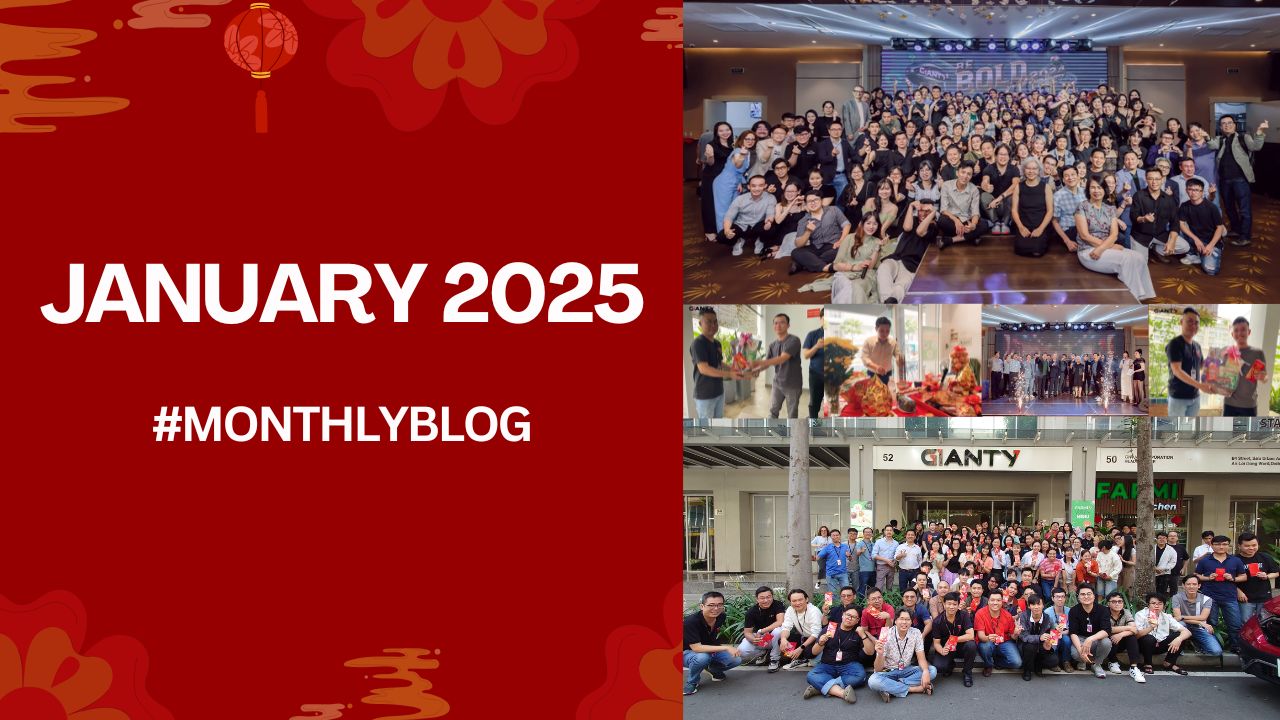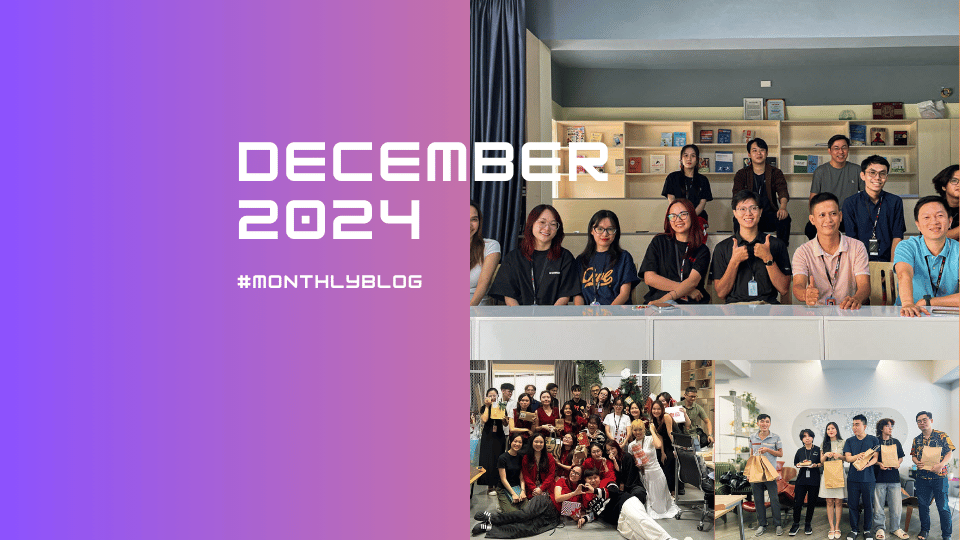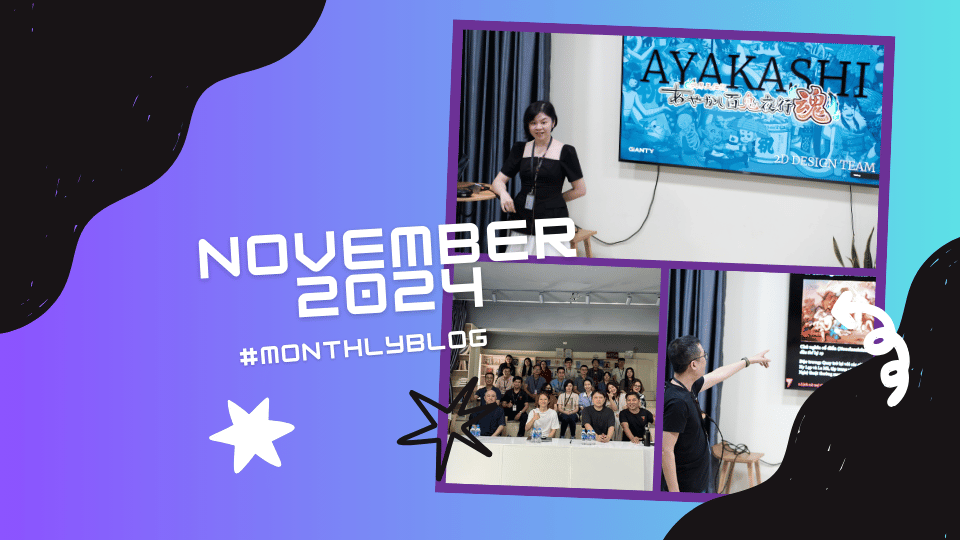Working for a Japanese company can be a unique and rewarding experience, but it can also be challenging for those who are not familiar with the culture.
In this article, we will explore…
The lessons learned by someone who worked for a Japanese culture company
1. Fix the problem. Do not blame
Bring the Right Attitude to the Table, we say.
It doesn’t matter who’s right and who’s wrong. The question is “What is the problem/issue, and we are going to fix problems TOGETHER“.
To solve the problem effectively, focus all your efforts on fixing the problem. By forcing all the parties to expend their efforts on the natural source of the root cause, your reputation will be more influenced.
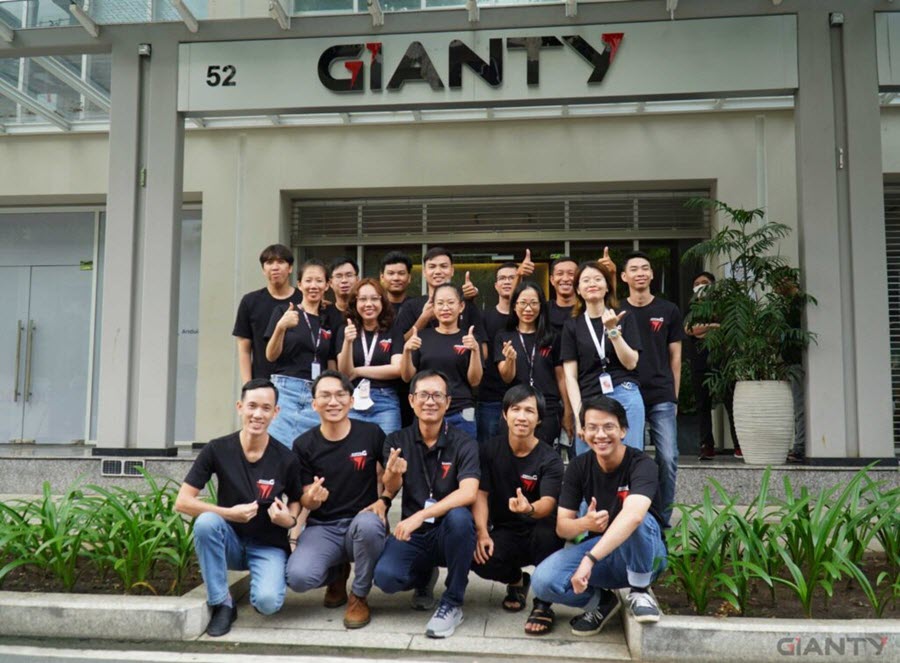
2. Stay focused
The Japanese will pass up seemingly attractive options to pursue seemingly unattractive ones simply because of how they defined the boundaries of the business.
By staying focused, they consistently improve their work. They silently focus on their work. They are spending too much time chatting or playing with the phone while working time is typically looked down upon. And doing this gives others a strong impression that you’re not taking your job seriously.
Also, balance at work and play is necessary to boost efficiency.
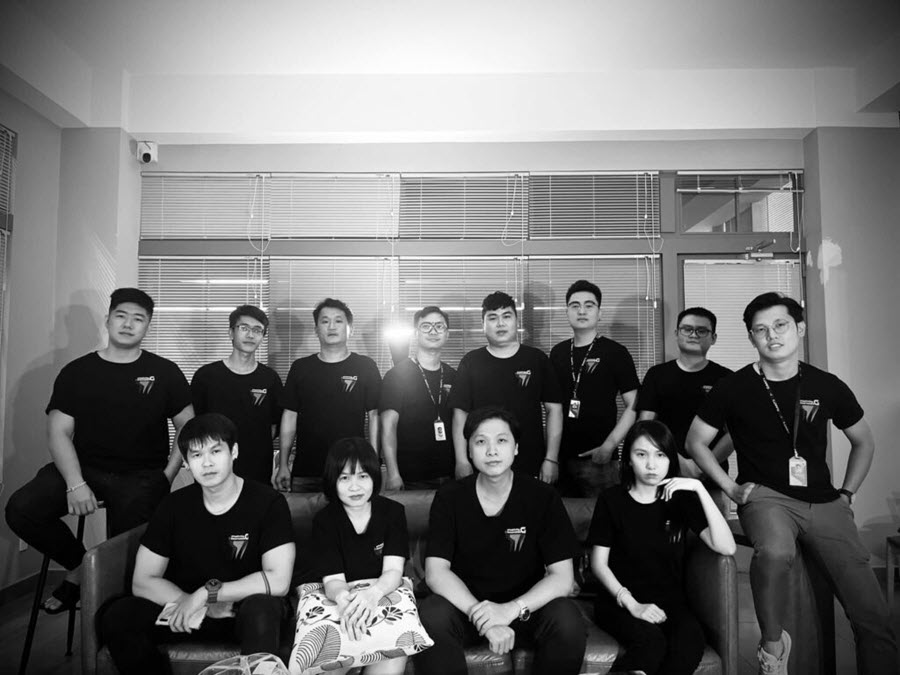
3. Quantify everything
Another frustration for an American is the Japanese insistence on quantifying everything. Lord Kelvin, in his own words: “IF YOU CAN NOT MEASURE IT, YOU CAN NOT IMPROVE IT“, even intangible things.
It was an obsession for me at first.
Lately, I found out it is because numbers are a universal language. Therefore, “To measure is to Know.” we must learn to ask ourselves to give quantitative targets constantly.
This forced us to refine and justify our thinking and programs. It was a complex process, demanding both logical and critical thinking.
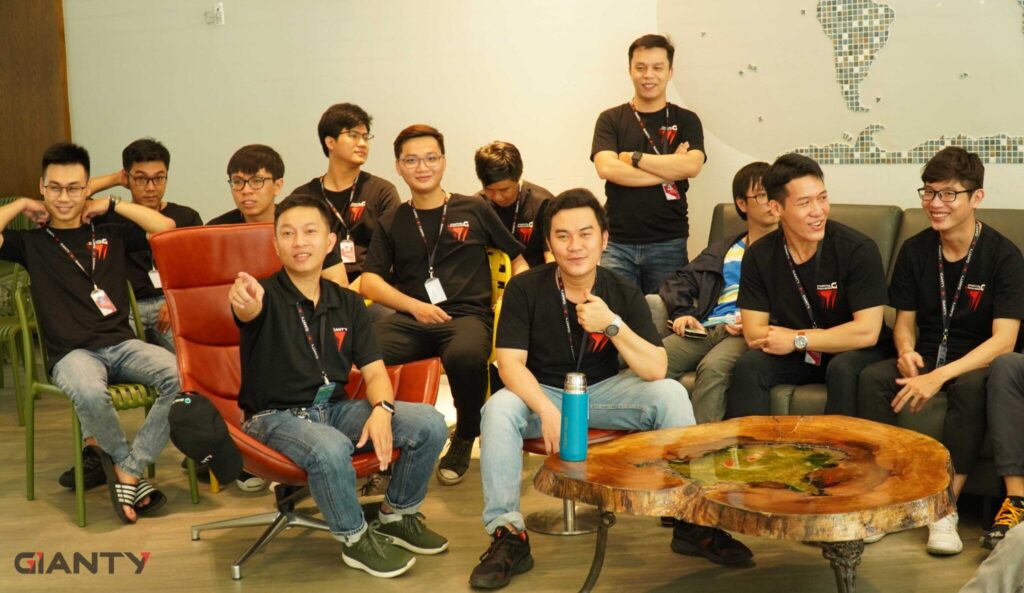
4. Long-term commitment
Working for a Japanese culture company, you need to think of the long-term. Do not come in taking a shortcut and short terms. Everything you do is long-term. That’s why the thing is done.
Some people work for money, some others work for the opportunity. Results are essential, but there is a tendency to emphasize the work process even more. They are looking at what actions were taken, how those actions impacted others, and how problems were solved when things went wrong more matter to the working culture.
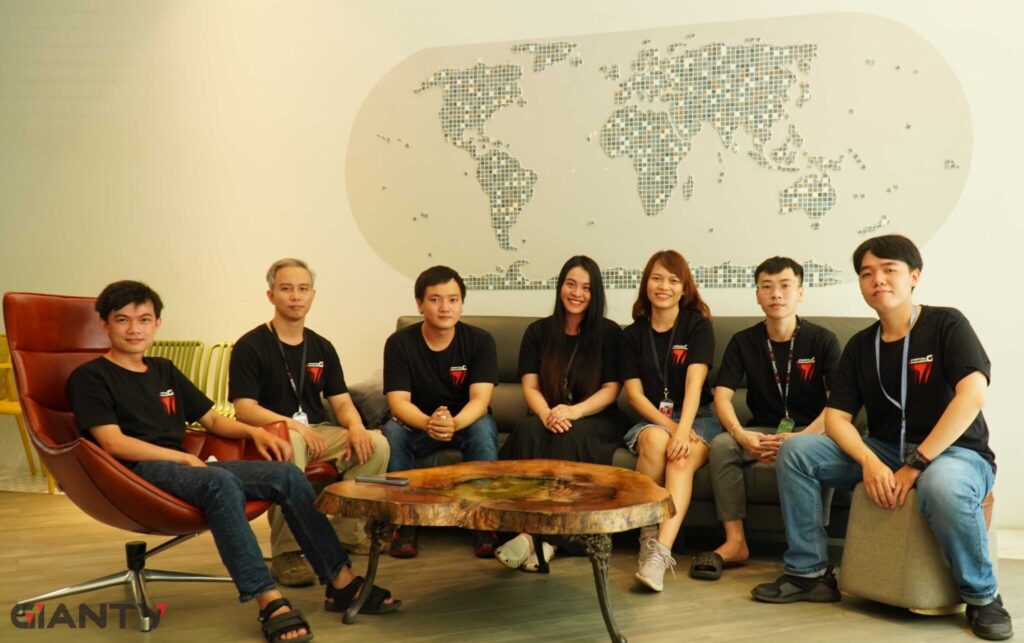
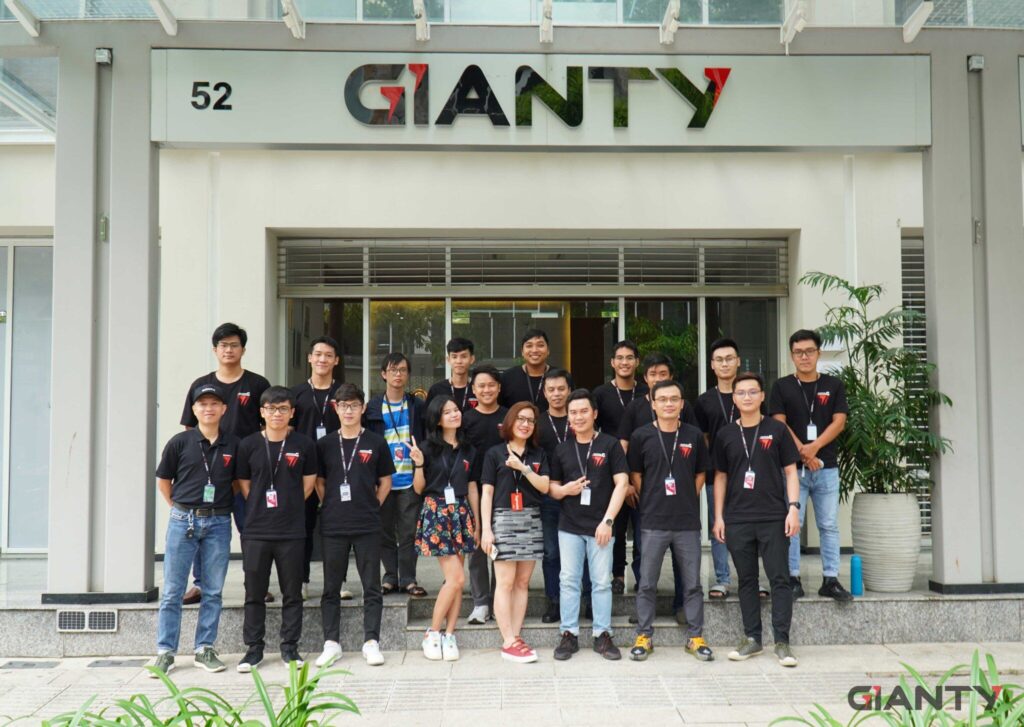
In conclusion, it’s clear that characteristic Japanese traits significantly impact the workplace, whether it be working in silence, doing a lot of overtime, or eating lunch alone. It is a treasure for any employee to work and learn.

Source: Harvard Business Review.





